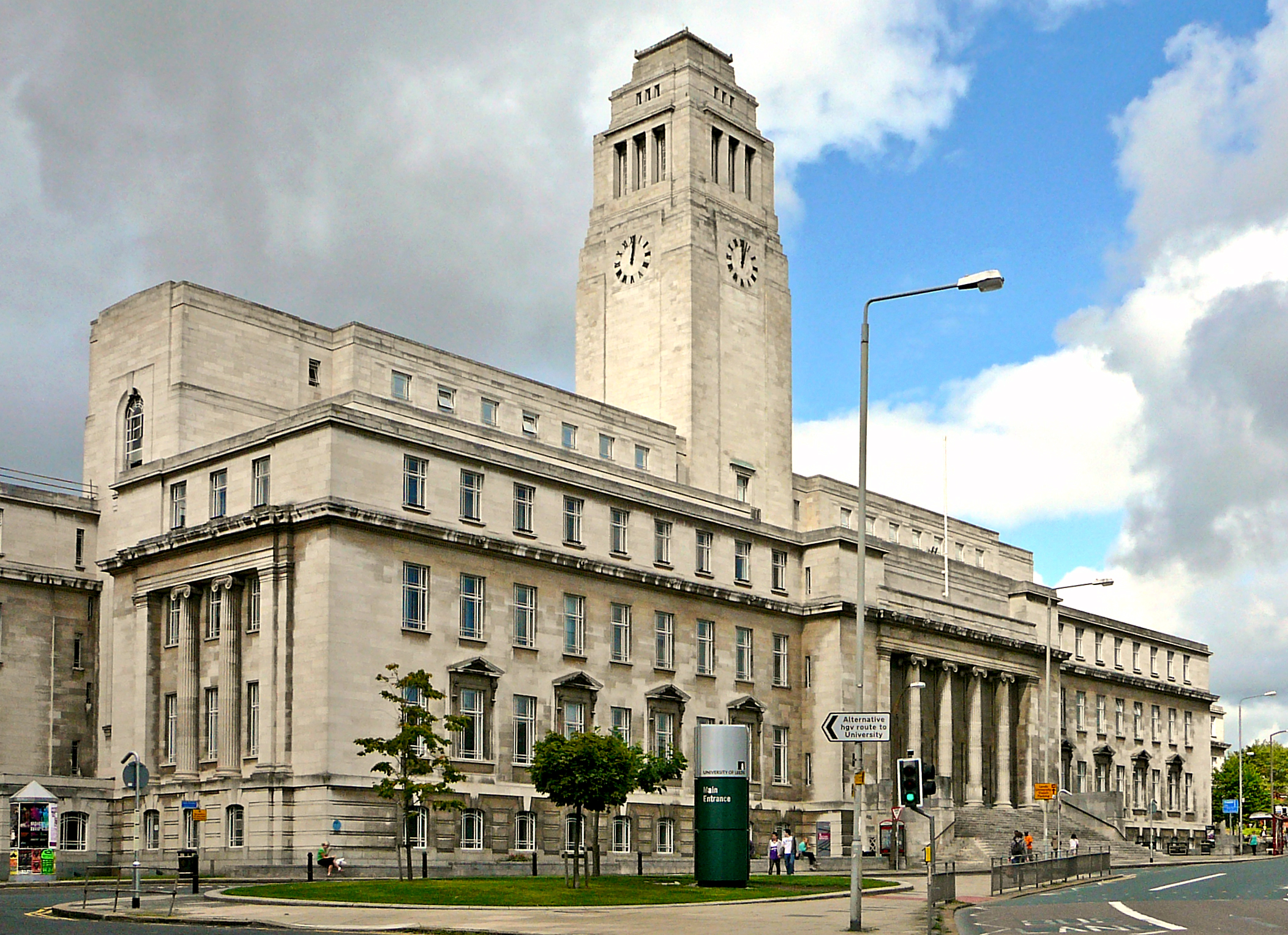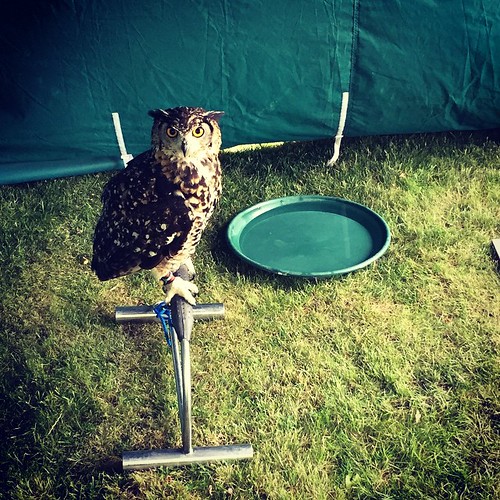The biennial Thirteenth-Century Conference (formerly known as The Thirteenth-Century England Conference) is a long-standing international academic conference that was established in 1985 at the University of Newcastle. Since then, it has been hosted by the Universities of Durham, Wales, the Sorbonne, Cambridge, and Heidelberg. We are delighted to welcome it to Lincoln this September (Friday 5th to Sunday 7th September 2025) for its twenty-first outing. Due to an exceptional response to our call for papers, we are pleased to offer a draft programme of talks, featuring more than 25 speakers at all stages of their academic careers. These are organised into sessions on monastic records, government under Henry III, queenship and piety in the royal family, royal power in England and Denmark, royal administration in the localities, inclusion and exclusion, aristocratic women and power, new perspectives on Lincolnshire records, lordship and service, and disputes and jurisdictions.
The First Björn K. U. Weiler Memorial Lecture, the conference’s keynote lecture sponsored this year by the Lincoln Record Society, will be delivered by Professor Daniel Power of Swansea University, on ‘Eleanor of Ponthieu, Eleanor of Aumale? The Inheritance Claims of Eleanor of Castile’. Eleanor of Castile was King Edward I of England’s beloved first wife, who died at Harby in 1290 and whose viscera are buried in Lincoln Cathedral.
We are extremely grateful to the Lincoln Record Society for sponsoring the conference and to the Pipe Roll Society for sponsoring an essay prize for doctoral students.
Booking for the conference is now open via the University’s online booking store: https://store.lincoln.ac.uk/conferences-and-events/college-of-arts/school-of-humanities-heritage
For further details, please email the conference organisers, Professor Louise Wilkinson and Dr Adrian Jobson: medievalstudies@lincoln.ac.uk.
Conference Programme
Friday 5 September 2025
9.30am Registration
10am Welcome Address by Conference Organisers
10.15am-11.15am Session 1: Monastic Records
- Ms Jennifer Jolly, King’s College London (PGR), ‘The Annals of Waverley Abbey: The Political Perspective of the Abbey Hidden in the Corner’
- Ms Marie Tranchant, King’s College London (PGR), ‘Reassessing Documentary Culture in Monastic Communities: The Case of Burton Abbey’
11.15am-11.40am Coffee Break
11.40am-1.10pm Session 2: Government under Henry III
- Dr Martin Allen, University of Cambridge, ‘Henry III and the Coinage’
- Mr Andy Ford, University of Reading (PGR), ‘Henry III and the Royal Forest, 1227-72’
- Dr Richard Cassidy, Independent Scholar, ‘Henry III, the Exchequer, the Wardrobe, and Reform’
1.10pm-2pm Lunch
2pm-3.30pm Session 3: Queenship and Piety in the Royal Family
- Dr Abby Armstrong, University of Hamburg, ‘The Administration of the Queen’s Household and Wardrobe in the Thirteenth Century’
- Ms Siv Elisabeth Hveberg, University of Cambridge (PGR), ‘Intercession – New Interpretations’
- Dr Michael Ray, Independent Scholar, ‘The Piety of Edmund of Almain, Earl of Cornwall’ (may be online)
3.30pm-4pm Comfort Break
4pm-5pm Session 4: Royal Power in England and Denmark
- Dr Lars Kjær, Northeastern University London, ‘The Third Lion: The Valdemarian and Angevin Empires’
- Dr Thomas Heebøll-Holm, University of Southern Denmark, ‘Kings, Conspiracies, and Treason: A Comparative Study of Royal Power in Thirteenth-Century Denmark and England’
5.15pm-6.15pm The Björn K. U. Weiler Memorial Lecture (Free Public Lecture, sponsored by the Lincoln Record Society)
Professor Daniel Power, Swansea University, ‘’Eleanor of Ponthieu, Eleanor of Aumale? The Inheritance Claims of Eleanor of Castile’
[With a wine reception, sponsored by the Lincoln Record Society]
Saturday 6th September
9.30am-10.30am Session 5: Royal Administration in the Localities
- Dr Nick Barratt, Royal Holloway, University of London, ‘The Decade of Debt: Managing the Competing Demands of Royal Creditors, 1244-1258’
- Dr Tony Moore, University of Reading, ‘And they did not come”: Tracking the (In)effectiveness of Local Administration in Essex and Hertfordshire during the Reign of Henry III’
10.30am-10.50am Coffee
10.50am-12.20pm Session 6: Inclusion and Exclusion
- Dr Emma Cavell, Swansea University, ‘A Case of Abortion by Assault in the Jewish Community of Thirteenth-Century Warwick’
- Dr Nick Hopkinson, Independent Scholar, ‘Exiles and Immigrants: The Normans in English Politics, 1204-34’
12.20pm-1.20pm Lunch
1.30pm-3.00pm Walking Visit to Lincoln’s Guildhall and Stonebow to view its Medieval Royal Charters (optional, led by Professor Louise Wilkinson)
3pm-4.30pm Session 7: Aristocratic Women and Power
- Dr Harriet Kersey, Canterbury Christ Church University, ‘Subject to Negotiation? The Security of Aristocratic Women’s Property Rights in Thirteenth-Century England’
- Dr Paula Dobrowolski, University of Lincoln, ‘Roesia de Verdun: Wife, Widow and Prioress?’
- Mr Philip Hume, Swansea University (PGR), Cherchez la Mère (‘shulde Roger Mortimer, [d.1282] of right have been Prince of Wales’?)
4.30pm-4.45pm Comfort Break
4.45pm-6.30pm Session 8: New Perspectives on Lincoln(shire) Records (sponsored by the Lincoln Record Society)
- Dr Hannah Boston, University of Lincoln (ECR), ‘Thinking about Property in Thirteenth Century England’
- Dr Paul Dryburgh, The National Archives and Lincoln Record Society, ‘Hardly Far Welter’d: The Participation of Lincolnshire Merchants and Woolgrowers in the Thirteenth-Century Wool Trade’
- Dr Dean Irwin, University of Lincoln/ Oxford Centre for Hebrew and Jewish Studies (ECR), ‘Locating the Lincoln Archa’
- Dr Will Eves & Dr Sarah White (University of Nottingham), ‘The Lincoln School and Its Milieu: Canon Law and Common Law’
Sunday 7th September
9.30am-11am Session 9: Lordship and Service
- Ms Isla Cartney, University of East Anglia (PGR), ‘The English Royal Stewards of Henry III’
- Dr Matthew Hammond, University of Hull, ‘Lords and Knights in the Reign of Alexander III, King of Scots (1249-86)’
- Dr Andrew Spencer, University of Cambridge, ‘Knights of the Swan: The Subsequent Careers of those Knighted with Prince Edward in 1306’
11am-11.20am Coffee Break
11.20am-12.50pm Session 10: Disputes and Jurisdictions
- Mrs Katie Delaney, University of Lincoln (PGR), ‘The Sixth Warenne Earl of Surrey: Insights on Thirteenth-Century Conflicts’
- Dr James Barnaby, Independent Scholar, ‘Archbishop John Pecham and St Mary’s Wingham: Pluralism, Power and Influence in a Thirteenth Century Dispute’
- Dr Jason Taliadoros, Deakin University, ‘Thirteenth-Century Legislation Inside and Out: The Statute of Westminster I (1275) as a Case Study’ (Online)
12.50pm-1pm Conference Close


The Pipe Roll Society: Publishing Medieval Records Since 1883











